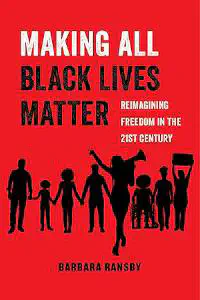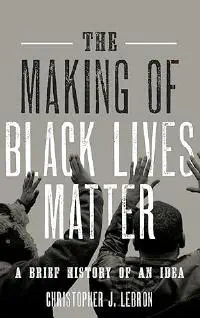Overview
Black Lives Matter (BLM) is a global movement that advocates for the rights, dignity, and equality of Black individuals. It began in the United States in 2013 following the acquittal of George Zimmerman, who fatally shot Trayvon Martin, an unarmed Black teenager. The movement gained wider attention in 2014 after the police killing of Michael Brown in Ferguson, Missouri, and the subsequent decision not to indict the officer involved.
BLM campaigns against systemic racism and violence toward Black communities. Central issues include police brutality, racial profiling, and racial disparities within the U.S. criminal justice system. Although rooted in the United States, the movement has resonated globally, inspiring solidarity actions and discussions about anti-Black racism in other countries.
The phrase “Black Lives Matter” affirms the value of Black lives in the face of a history that has often denied it. While the movement acknowledges that all lives matter, it emphasizes the specific and urgent need to address the injustices disproportionately affecting Black people.
A defining characteristic of BLM is its decentralized structure. Although the Black Lives Matter Global Network Foundation provides organizational support, much of the activism associated with BLM comes from local chapters, grassroots organizers, and individuals who share its mission.
BLM also intersects with broader social justice efforts, including LGBTQ+ rights, feminism, and economic equity. Activists often highlight the importance of addressing overlapping forms of oppression to achieve meaningful and lasting racial justice.
In Context
Black Lives Matter began as a social media hashtag in 2013 in response to state and vigilante violence against Black people, sparked by the vigilante murder of Trayvon Martin in Sanford, Florida, 2012, and the police murder of Michael Brown in Ferguson, Missouri, 2014. The slogan has evolved into the battle cry of this generation of Black youth activists. Tens of thousands of people participated in Black Lives Matter protests in some form between 2013 and 2017. At the height of the protests a Pew poll indicated that over 40 percent of Americans were sympathetic to the Black Lives Matter movement, as they understood it. In the same period, the term Black Lives Matter was tweeted over a hundred thousand times per day. There is hardly a person in the United States who has not heard the now ubiquitous phrase.
It came as a surprise to some in America when, in the summer of 2013, Zimmerman was found not guilty on all charges related to Martin’s death. It was at this moment that Alicia Garza, Patrisse Cullors, and Opal Tometi made history. As Garza states on the website bearing the movement’s name, “I created #BlackLivesMatter with Patrisse Cullors and Opal Tometi, two of my sisters, as a call to action for Black people after 17-year-old Trayvon Martin was posthumously placed on trial for his own murder and the killer, George Zimmerman, was not held accountable for the crime he committed.” Thus, it was the death and failure of our justice system to account for the unnecessary death of a black American that prompted three women to offer these three basic and urgent words to the American people: black lives matter.

